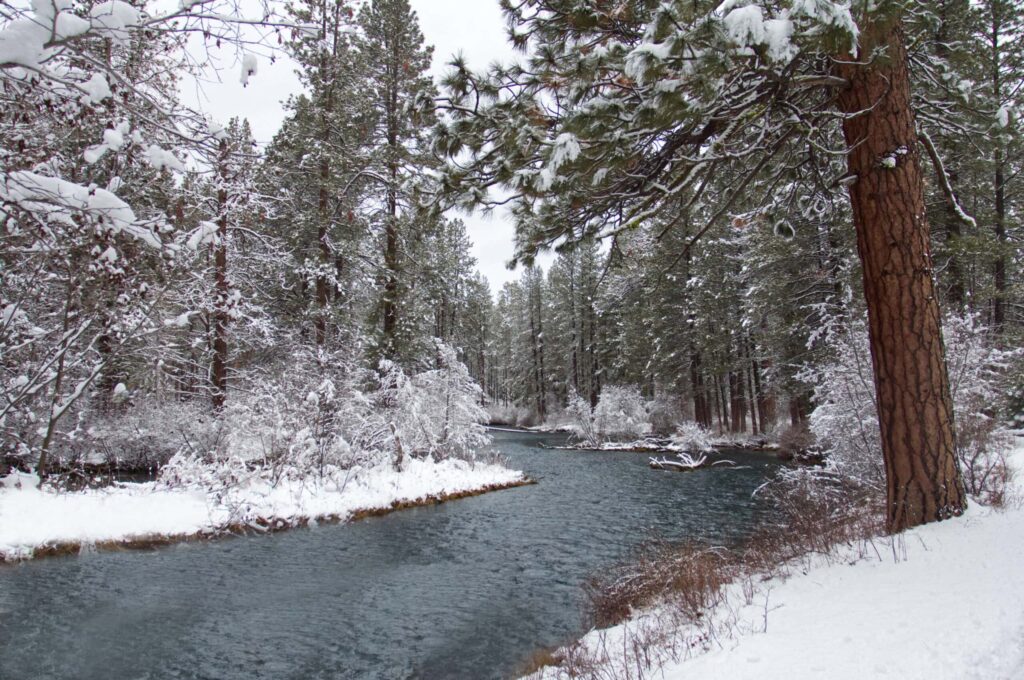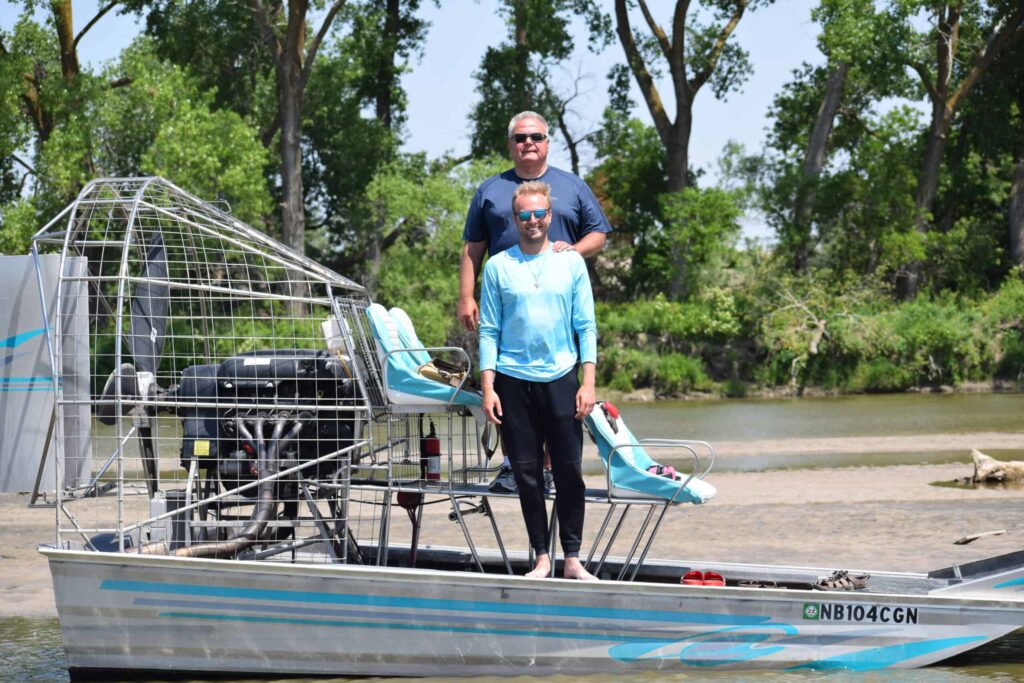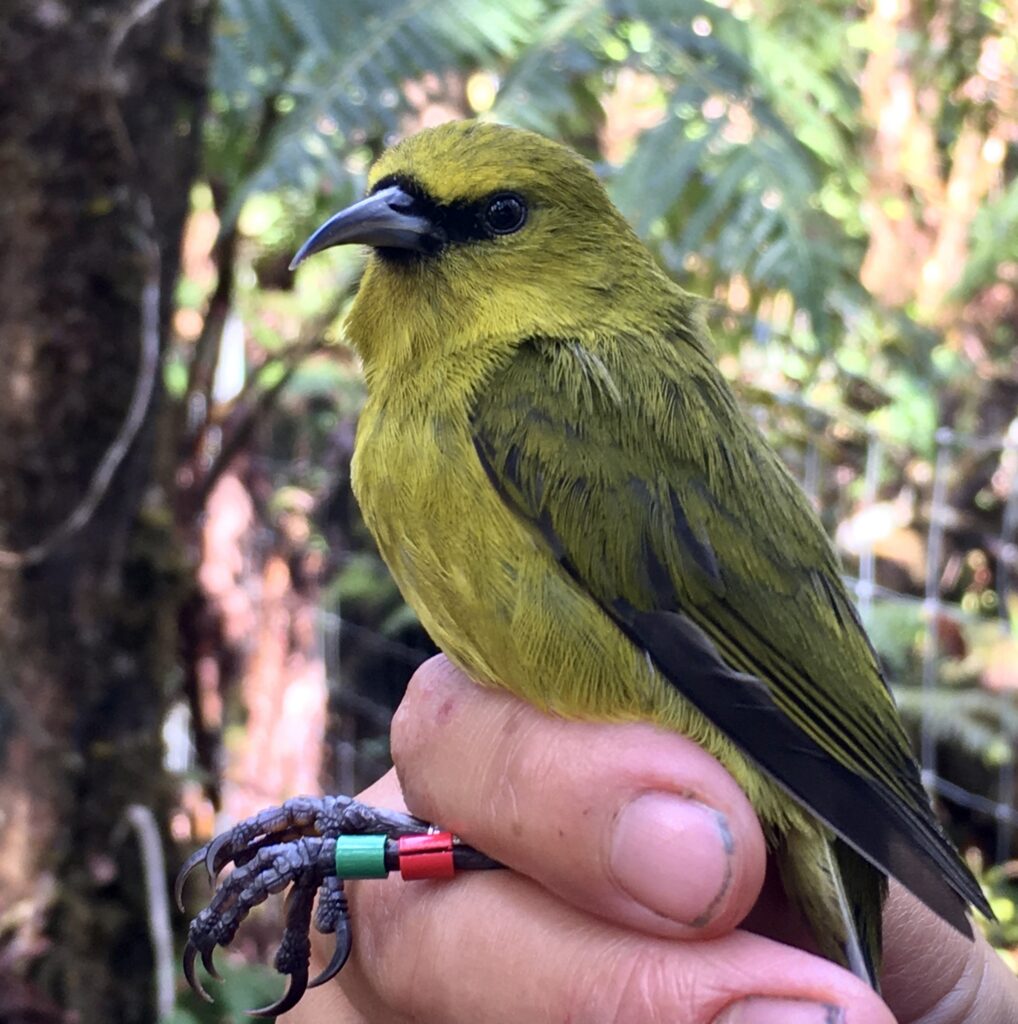A newly introduced bill in the House of Representatives aims to “maximize land management efficiencies, promote land conservation, generate education funding” and more.
The Advancing Conservation and Education Act of 2016 (H.R. 5758), also known as the ACE Act, was introduced with bipartisan support by Congressman Chaffetz (R-UT) and Congressman Polis (D-CO) on July 13, 2016. The primary focus of this bill is to streamline the process by which state land management is transferred to the federal government, and vice versa.
Upon statehood, Congress granted western states land – referred to as “land grant parcels” – which they could then develop to fund public schools and other institutions. However, the federal government often uses these same areas of land to establish national wildlife refuges, parks, or other federal designations. This potentially results in conflicting management objectives for the same parcels of land and tension between state and federal governments.
The ACE Act attempts to relieve this tension and more effectively manage land to meet identified objectives both at the state and federal level. The bill would enable a process by which states could relinquish control over any land grant parcel which the federal government has used to establish refuges, parks, or other federally-designated areas. In return, the federal government would transfer to the state a land grant parcel of equal value that is currently owned by the federal government. This “land swap” would allow the federal government to continue to designate and maintain federal public lands valuable to conservation, while at the same time ensuring western states have access to the amount of land they were originally granted upon statehood.
A framework for swapping government land ownership is already established – however, the process outlined in the ACE Act streamlines the current process, which critics argue takes too long and does not often result in desirable outcomes for either the state or federal government.
This newly proposed bill has already garnered support from multiple natural resource advocates, such as The Wilderness Society and the Western States Land Commissioners Association.
If the ACE Act passes into law, it has the potential to support both wildlife conservation and public education. By relinquishing control of land grant parcels to the federal government, states can play a role in maintaining the integrity of national public lands and the wildlife refuges, parks, and monuments that are placed on them. In turn, compensation for this relinquishment could enable states to raise money for public schools and other institutions by developing their land the way Congress had originally intended.
Similar legislation has been considered by Congress in the past. The Advancing Conservation and Education Act of 2014 was introduced in the previous Congress by Congressman Bishop (R-UT) and Congressman DeFazio (D-OR). This bill received a hearing in committee, but never made it to a mark-up vote.
Article by Jennifer Becar









